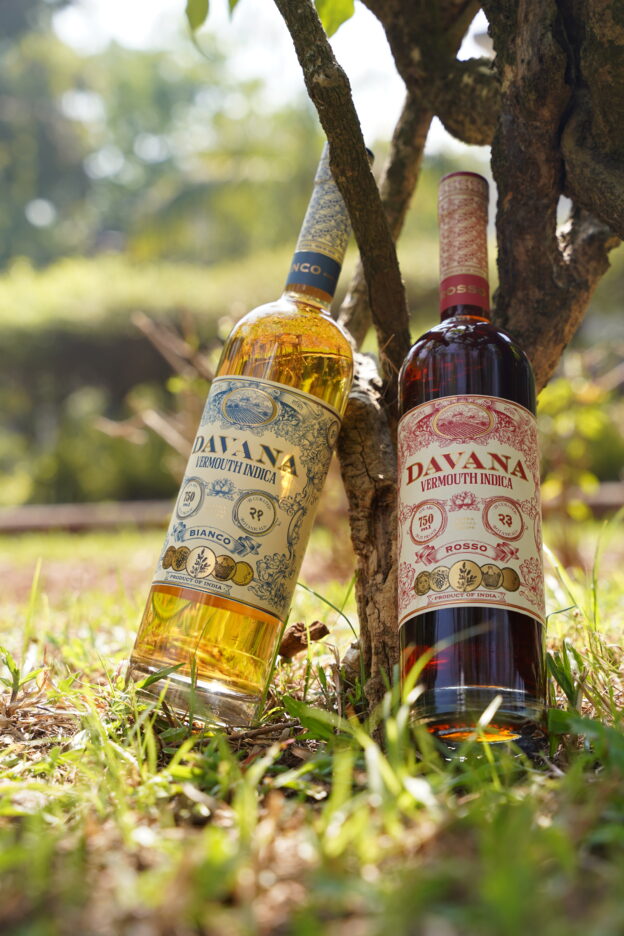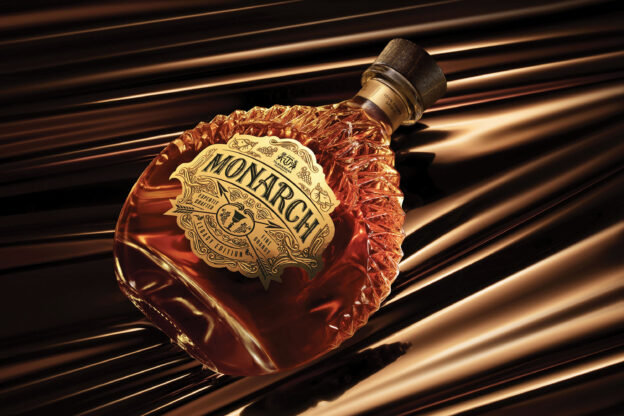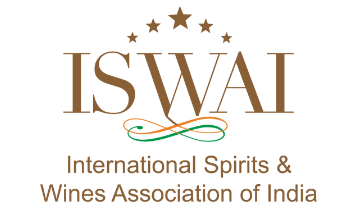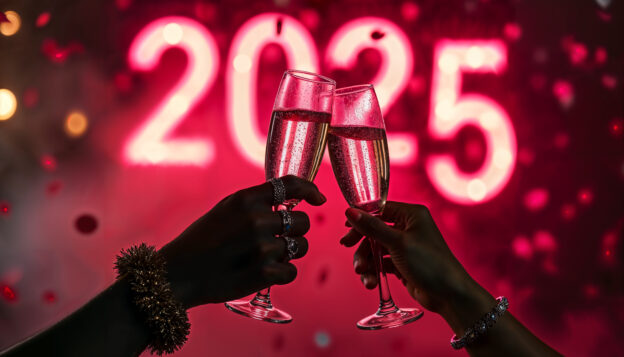- Move will provide enhanced consumer experience and generate revenue opportunities
- Premium-only and Smart Liquor Stores in Karnataka, Telangana, Haryana
- Industry seeks De-regulation
The International Spirits and Wines Association of India (ISWAI), voice of the Indian Premium alcoholic beverage industry, has commended State governments for implementing progressive excise policies aimed at modernising retail formats, increasing revenue, and enhancing the overall consumer experience.
From Uttar Pradesh’s composite retail formats to Andhra Pradesh’s privatised model, Rajasthan’s premium mall-based stores, Madhya Pradesh’s single-bottle billing system, Haryana, Telangana, Karnataka, and Odisha’s premium-only retail formats, these progressive policies are redefining how the alcohol retail ecosystem operates across the country.
Welcoming the positive change, Sanjit Padhi, CEO of the International Spirits and Wines Association of India (ISWAI), said, “The reforms we are witnessing across different states in India, signal a paradigm shift in how the alcobev sector is perceived and managed, and reflects the state governments positive intent and commitment. Progressive excise policies are not only improving compliance and transparency, but also creating the foundation for sustainable, consumer-centric growth.”
UP’s reform-centric excise policy
ISWAI said at the forefront of this transformation is Uttar Pradesh, which has launched a reform-centric excise policy for FY 2025–26 with an ambitious revenue target of ₹55,000 crore, a 10% increase over the previous year. Structural changes like consolidating over 12,000 outlets into approximately 9,000 composite vends are doubling retail accessibility and ensuring broader market coverage. The adoption of a digital e-lottery system for retail licenses has already generated more than ₹2,250 crore, while retail license fees are expected to contribute over ₹4,200 crore, a testament to how digitization and transparency can directly drive state revenues.
Excise reforms are reshaping the alcobev landscape.
Speaking on these forward-looking changes, Sanjit Padhi said, “Uttar Pradesh has been a leader in driving structural reforms that have seen its revenue jump from ₹24,000 crore in FY 18/19 to a target of ₹55,000 crore in FY 25/26, growing at a rate of 13% CAGR. ISWAI members are the largest contributors to the state’s IMFL revenue (55%+), and we believe that the current changes are part of building a sustainable, growth-oriented revenue model that is also consumer-centric. The new outlets and investments in the retail infrastructure will result in a superior consumer experience.”
The reforms also offer greater operational stability for vendors. The state now grants two-year licenses via the e-lottery system, promotes fair competition by capping ownership at two outlets per individual, and fosters a level playing field for stakeholders.
Uttar Pradesh’s focus on premiumisation is reshaping consumer expectations and retail standards. New composite vends are being upgraded into well-lit, aesthetic, and secure outlets, particularly appealing to women consumers and supporting responsible consumption.
“We’re witnessing the rise of a more inclusive, modern alcobev ecosystem. From premium retail formats to safer consumer environments, these changes are aligning with global best practices and unlocking new growth opportunities. This will also provide consumers with high-quality premium brands and genuine products, deterring counterfeit products and encouraging responsible drinking. We hope that other states adopt the best practices of these progressive states to build consumer-centric, growth-oriented, sustainable revenue models,” added Sanjit Padhi.
Innovative Approaches by Andhra Pradesh, Rajasthan, Madhya Pradesh
Some states are following suit with their innovative approaches. Andhra Pradesh, through its privatised retail model, now supports 3,736 liquor vends and has witnessed a ₹1,800 crore surge in revenues and a 37% rise in Scotch sales, indicating strong premiumisation trends. Rajasthan has declared a four-year excise policy – a landmark reform that ensures stability in the sector. Speaking on this, Sanjit Padhi said, “The industry needs business stability as it allows room for building long-term investment plans. Rajasthan has taken this step, which we hope will inspire many other progressive states to evaluate and build this into their future planning process.”
The state of Rajasthan has already seen a 55% increase in IMFL sales since FY 2021, thanks to a retail overhaul that includes premium outlets at airports and shopping malls. States like Madhya Pradesh and Rajasthan are also experiencing significant volume growth—27% and 55% respectively—by embracing composite retail formats that ensure equitable access across urban and rural areas while reducing the prevalence of illicit trade and counterfeit products. Madhya Pradesh’s 2025–26 policy has also introduced features like stock carry-forward and single-bottle billing for premium brands, enhancing traceability and efficiency.
Premium-only and Smart Liquor Stores in other States
Similarly, Uttarakhand is launching Smart Liquor Stores in malls and department outlets, while Haryana, Telangana, Karnataka, and Odisha are promoting premium-only retail formats to meet rising urban demand.
Industry seeks Deregulation
Meanwhile, one of the biggest challenges the industry faces is pricing control. In this context, Sanjit Padhi emphasised the need for deregulation in the IMFL sector. “Market forces should determine pricing, and no company will risk its business by arbitrarily pricing itself out of the market,” he said. ISWAI strongly recommends the removal of pricing controls to liberate and unshackle the industry, encouraging greater investment and more robust contributions to state revenues.
In addition, leading states like Madhya Pradesh, West Bengal and UP have digitized their processes and significantly improved the ease of doing business. This is another area where other states can consider increasing efficiencies, which could lead to better resource utilisation.
As more states look to emulate these successful models, India’s alcobev landscape will continue to evolve into a refined, progressive ecosystem that balances public welfare, economic growth, and consumer preferences, marking a significant milestone for the industry.
ISWAI members largest revenue contributors
Members of ISWAI include global leaders Bacardi, Brown Forman, Campari Group, Diageo-United Spirits, John Distilleries, Moet Hennessy, Pernod Ricard, Suntory Global and William Grant & Sons and have almost 98% of the business produced in India through Indian Made Foreign Liquor (IMFL), Bottled-in-India (BII) products and Indian Single Malts, thereby making the sector strong proponents of the ‘Make in India’ ideology, generating employment and business opportunities, both directly and in ancillary services & industries, across states. ISWAI members are the largest revenue contributors, with over 45% share in volume and more than 55% share in value. With over 95 manufacturing plants in the country, ISWAI members have large investments in India.




